What is snoring?

Snoring occurs when the tissues in the throat become so relaxed during sleep that they cannot hold the inner airway open. The airway becomes narrow and its tissues vibrate with each breath. The tissue vibration causes the snoring sound.
Aging, sleep position, weight, nasal congestion, and body/mouth anatomy can all contribute to this bothersome condition.
Snoring itself can be harmless, even if it is very loud. However, snoring can sometimes be a sign of something more serious: Obstructive Sleep Apnea (OSA). While common (it’s estimated that 6 million Canadians have sleep apnea), leaving this medical condition untreated can lead to negative symptoms and health risks. People that suffer from untreated sleep apnea often experience daytime sleepiness and morning headaches. Worse, leaving sleep apnea untreated increases the risk of heart failure, stroke, traffic accidents, and more.
How to tell if your snoring is unhealthy
Some signs your snoring might be unhealthy include:
- Snoring loudly
- Feeling tired or sleepy during your waking hours
- Being told you stop breathing, gasp or choke when you sleep
- Having or being treated for high blood pressure
Take this short quiz to find out if you’re at risk for sleep apnea.
How to find out if your snoring is a sign of sleep apnea
The Snore Shop offers the most complete assessment for Obstructive Sleep Apnea (OSA) in the Maritimes. Here’s how our Sleep Health Assessment works:
- During your first appointment, we’ll evaluate your risk of sleep apnea and show you how to use the home sleep test device.
- You’ll wear the home sleep testing device throughout the night, from the comfort of your own bed!
- The following morning, simply return the device to our clinic, where we will process your results.
- We will forward your results to your doctor, who will confirm your diagnosis and prescribe any necessary treatment.
- You’ll receive a personalized report containing valuable insights about your sleep health, gathered from the assessment. Our clinicians will meet with you to discuss the results and explore suitable treatment options.
Count on us for expert guidance throughout the entire process. Discover more about our Sleep Health Assessment and schedule your assessment today!
Snoring solutions
The solutions available to you will depend on your snoring severity and whether or not you have Obstructive Sleep Apnea.
CPAP therapy – or “continuous positive airway pressure” therapy – is considered the gold standard for treating sleep apnea. It’s also one of the most effective snoring solutions.
Learn more about snoring and sleep apnea treatment options.
What real patients have to say
Ready to stop snoring and get answers about your sleep health?
Loud snoring is the most common symptom of Obstructive Sleep Apnea (OSA). Because sleep apnea tends to go undiagnosed, millions of Canadians like you may be suffering from this serious but treatable condition. If you think your snoring may be a sign of sleep apnea, The Snore Shop is ready to help. Get started by booking a Sleep Health Assessment today!
